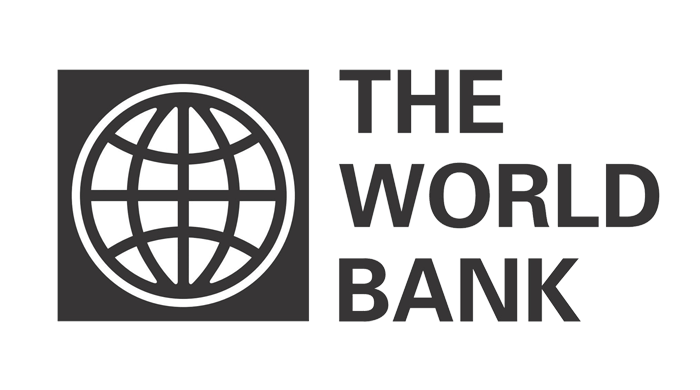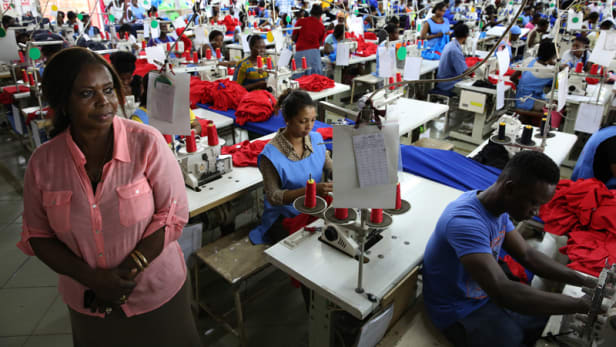A record 137 countries have removed red tape and made it easier to set up and run businesses in their territories, a new World Bank report has revealed. But the report also found women entrepreneurs are discriminated against in many places across the world.
The finding comes from the latest World Bank Doing Business report, which ranks countries based on how easy it is for private sector companies to start, operate and expand.
The new study, dubbed “Doing Business 2017: Equal Opportunity for All,” points to an overall increase in the number of countries adopting business efficiency reforms, of which 75 percent were in developing countries.
However, the report also finds evidence of gender discrimination: 23 countries impose more steps for married women than men to start a business; 16 countries limit women’s ability to own, use and transfer property; and 17 countries do not place the same weight on a woman’s testimony as a man’s in the civil courts.
The Middle East and North Africa performed especially poorly on gender measures, with 70 percent of the region’s economies discriminating against women. For example, a married woman in Saudi Arabia is required by law to hire a man to manage her business.
Women in Afghanistan and Pakistan also faced additional legal challenges over men, with married women in Afghanistan needing to obtain permission to leave the home prior to registering a company.
The report also found that 13 countries in sub-Saharan Africa imposed additional restrictions on women. For example, women in Cameroon, Benin and Guinea-Bissau are required to take extra steps to register their business compared with men.
This is the first time the Doing Business report, which comes out annually, has included a gender dimension in three indicators: starting a business, registering property and enforcing contracts.
The World Bank produces its rankings by looking at each country’s business regulations and measuring these against a set of 11 indicators, including the time it takes to start a new business, paying taxes, and the time taken to register for a property transfer.
This year, New Zealand topped the rankings followed by Singapore, Denmark and Hong Kong. The U.K. and the U.S. came seventh and eighth, respectively.
Kenya, Indonesia and Pakistan made the top 10 improvers list. Kenya, which was ranked 92 overall, implemented reforms in five areas.
“Simple rules that are easy to follow are a sign that a government treats its citizens with respect. They yield direct economic benefits — more entrepreneurship; more market opportunities for women; more adherence to the rule of law,” said Paul Romer, World Bank chief economist and senior vice president.




